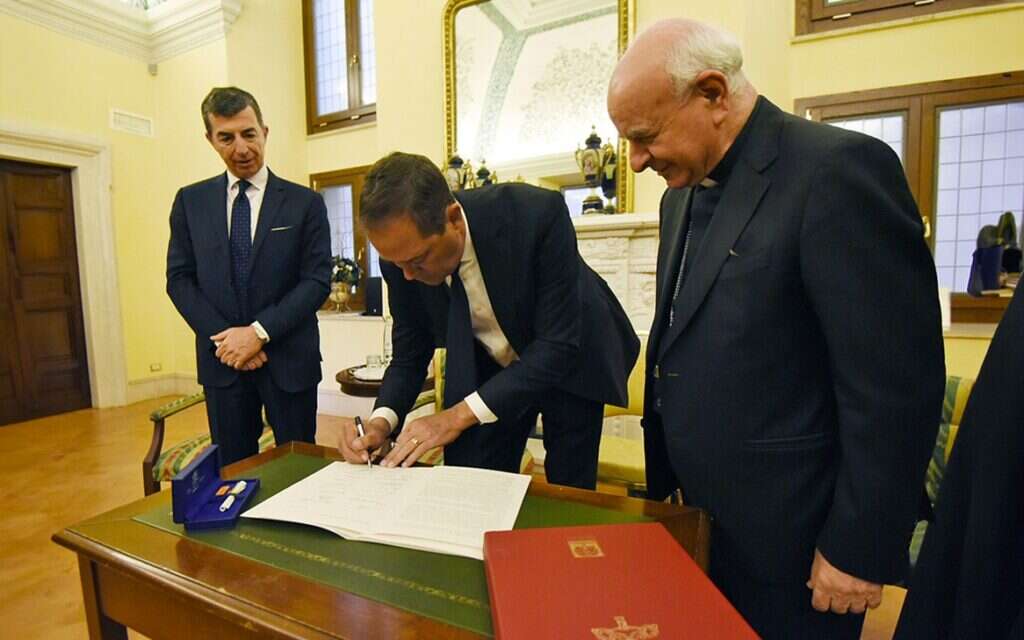
Cisco has joined companies including Microsoft and IBM in signing the Rome Call for AI Ethics. Authored by the RenAIssance Foundation, a division of the Roman Catholic Church’s Pontifical Academy for Life, the Rome Call is a non-legally binding agreement to promote a safe and future-proof approach to AI. Several government entities, including the FAO, in addition to major universities and several representatives of the Abrahamic religions, have also signed the pact.
“We are very pleased that Cisco has joined the Rome Call, because it is a company that plays a crucial role as a technological partner for the adoption and implementation of artificial intelligence (AI), by offering expertise in infrastructure, security, and protection of AI data and systems,” said the RenAIssance Foundation’s president, Archbishop Vincenzo Paglia. “From now on, we will look at how this can further grow to combine the already present corporate commitment with the ethical principles of the Rome Call.”

Rome Call aims to unite the world behind ethical AI
Chair and CEO of Cisco Chuck Robbins signed the document alongside Archbishop Paglia at a ceremony in Vatican City. Originally established by Pope Francis in 2020, the RenAIssance Foundation aims to promote an “anthropological and ethical” attitude towards the development of AI “among people qualified for their scientific, ecclesial, cultural, entrepreneurial and professional commitment in society.”
The Rome Call was first signed in February 2020 and was then renewed in 2023. It is built around six principles, namely transparency, inclusion, accountability, impartiality, reliability and privacy, that signatories commit to consider when working with AI models. “The Vatican is not an expert on the technology but on values (…) The collaboration is to make the Vatican and the whole society understand how to use this technology with these values,” IBM’s global AI ethics leader Francesca Rossi said when the tech giant signed the pact. On various occasions, the Vatican has voiced concerns about the potential dangers to its values of compassion, mercy and forgiveness that non-regulated AI could pose.
Non-legally-binding agreements vs. AI regulations
While the idea promoted by the Rome Call extends the conversation around the dangers of AI to several fields and communities, it remains a symbolic, non-legally-binding commitment. Other pacts with similar intentions emerged throughout last year, including the Bletchley Declaration signed by 28 governments in November 2023 and the US voluntary scheme against AI risks.
However, more effective (and legally binding) AI regulations are increasingly being put into force by governments around the world. These include the EU’s AI Act, due to come into force later this year and the implementation of specific regulations around generative AI in China. The UK has also established the world’s first institute for AI safety, preceding an initiative by the US Biden administration mandating that all federal government agencies appoint chief AI officers.






